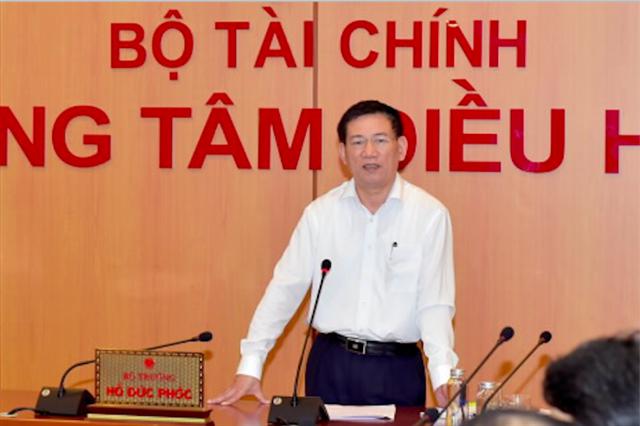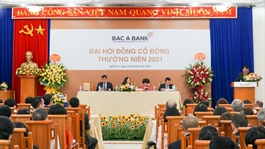Vietnam finance ministry to apply AI in policy-making process
Vietnam finance ministry to apply AI in policy-making process
By 2030, artificial intelligence (AI) and virtual assistant could be used to help provide digital financial services for the people and enterprises via digital communication channels.
The Ministry of Finance (MoF) is expected to apply AI and virtual assistant during the policy-making process and risk management in its administration fields such as tax, customs, state budget expenditure and stock market.

Minister of Finance Ho Duc Phoc at the meeting. Source: MoF
|
Minister of Finance Ho Duc Phoc made the statement in a meeting with FPT Group on April 28, discussing the prospects of applying IT and digital transformation in the financial sector.
“The move is part of the MoF’s efforts in drafting a strategy for IT development until 2030,” Phoc noted.
According to Phoc, the ministry aims to soon finalize legal framework of tax management for e-commerce activities, at the same time putting e-invoice and associated database into operation.
“The use of AI in this field would help identify frauds in tax payment,” he added.
Phoc expected AI would also be used to aid customs authorities in tariff-related operations, as well as supervising transaction in the stock market to prevent potential violations.
“A shared digital database and AI application would help ensure greater efficiency in state budget expenditure,” the minister asserted.
Phoc envisioned AI and virtual assistant to be more common in helping provide digital financial services for the people and enterprises via digital communication channels by 2030.
On this issue, FPT Chairman Truong Gia Binh said the most important data in the financial sector would be transactions, as such, using e-invoices is key to promote transparency.
“While e-commerce is booming both in terms of transaction number and size, greater efficiency in supervision would speed up processing time and transparency and bring more revenue for the state budget,” Binh said.























